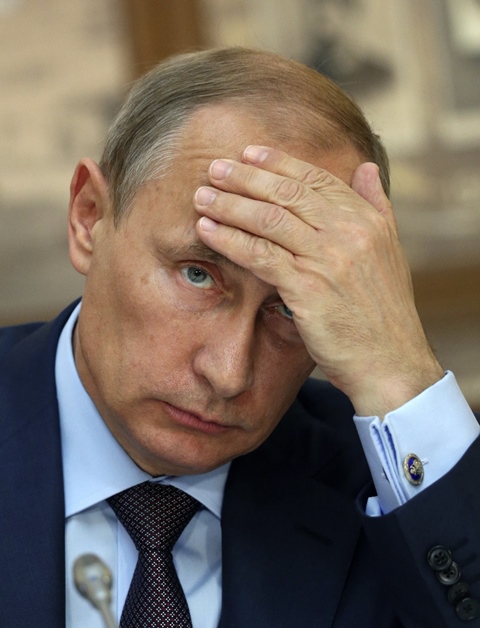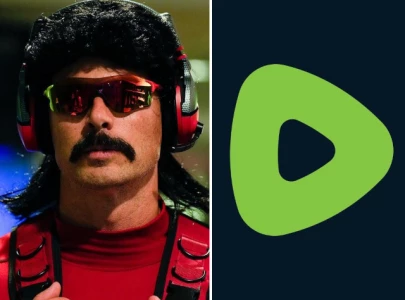
The punitive measures target major oil firms, defence companies and state-owned banks, denying them access to finance in crucial European markets.
They also add 24 individuals to a blacklist of people facing a travel ban and asset freeze including allies of Russian President Vladimir Putin.
The new round of sanctions - the latest in a series passed by Brussels since Russia annexed Crimea in March - took effect after being published in the EU's official journal.
Russian oil giants Rosneft and Transneft plus the petroleum unit of gas giant Gazprom are specifically hit by the new measures, which also target Russian deep sea and arctic oil exploration.
The sanctions target United Aircraft Corporation - the parent company that produces MiG and Sukhoi fighter jets among others - tank maker Uralvagonzavod, and state-controlled aerospace holding company and helicopter maker Oboronprom.
Small-arms maker Kalashnikov is on a list of companies to which EU nations are now barred from selling technology that could be used for military purposes.
The blacklist of Russian and Ukrainian individuals includes Sergei Chemezov, the head of state-owned Rostec industrial corporation, described as a "close associate" of Putin who was a KGB officer with the Russian president in East Germany in the 1980s.
It also targets pro-Russian separatist leaders in eastern Ukraine, where Western nations say Moscow sent troops to support an uprising against the government in Kiev.
EU nations finally approved the sanctions on Thursday after a week of deep divisions about whether they should be implemented despite a ceasefire in Ukraine.
European Council president Herman Van Rompuy said that the punitive measures could be lifted after a review of the Ukraine truce at the end of September.
The Russian ruble slumped to a new record low of 37.72 against the dollar on Friday after the sanctions entered into force.
US President Barack Obama had also announced Thursday that Washington would intensify punitive measures against Moscow.
Friday's EU sanctions are a toughening up of measures adopted in July after the shooting down of Malaysia Airlines flight MH17 over rebel-held east Ukraine.
Russia is a major trading partner for the EU and many member states, especially in eastern Europe, rely heavily on Russian oil and gas supplies to keep their economies going.








1732105641-0/BeFunky-collage-(78)1732105641-0-270x192.webp)








COMMENTS
Comments are moderated and generally will be posted if they are on-topic and not abusive.
For more information, please see our Comments FAQ